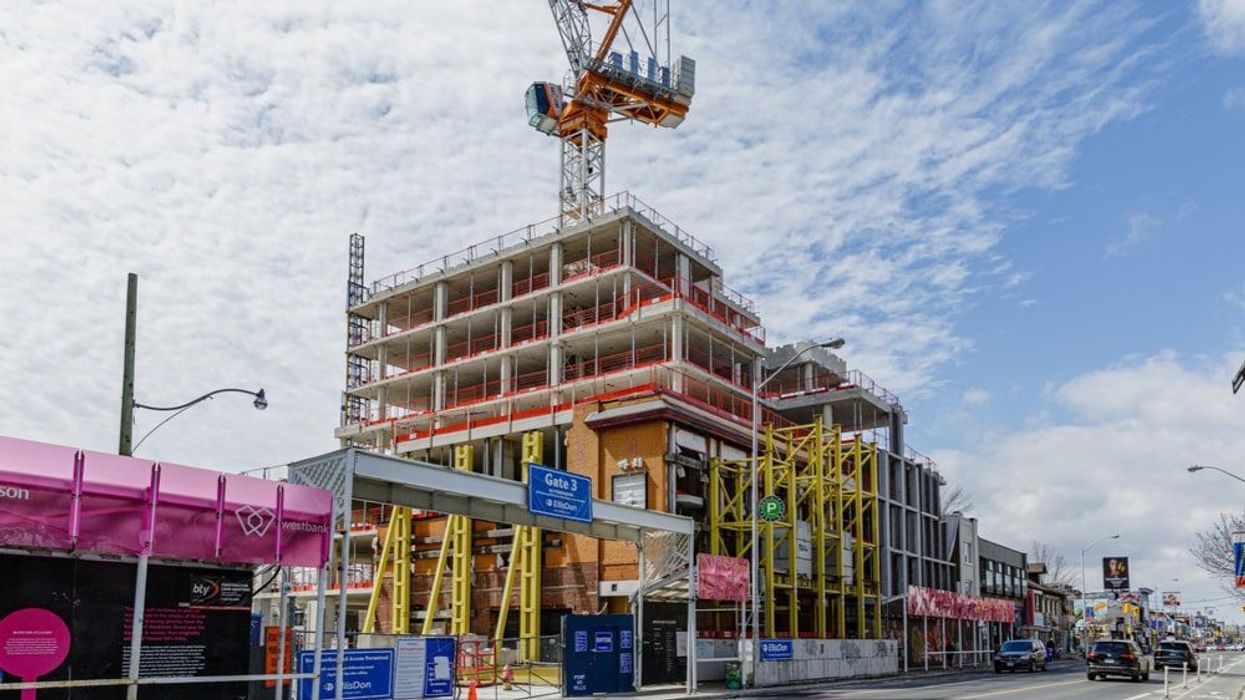Toronto is moving closer to starting construction on nearly 2,000 affordable rental homes, but their creation is threatened by lost development charges.
On May 11, Toronto City Council adopted the Housing Now Initiative's 2023 Progress Update report, which recommends that construction begin on three sites later this year and in early 2024.
The sites, which are located at 5207 Dundas Street West, 50 Wilson Heights Boulevard, and 140 Merton Street, will create a minimum of 1,949 affordable and market rental homes.
Initially approved by City Council in January 2019, the Housing Now Initiative utilizes surplus City-owned lands for purpose-built affordable and market rental housing.
The City has dedicated 21 "prime transit-oriented sites," to the program and earmarked an additional five pipeline sites. Together, they will deliver more than 16,000 new homes, of which 12,000 are planned purpose-built rentals with approximately 5,500 being affordable rental units.
READ: Financial Impacts of Bill 23 Put Toronto’s Ability to Fund New Housing At “High Risk”
Despite being approved over four years ago, construction has yet to begin on any Housing Now Initiative site. While the report blames several factors for the delay, including the COVID-19 pandemic and rising interest rates, and highlights several recommendations to speed up the delivery of housing, it warns that construction may see further set backs if the Government of Ontario fails to reimburse the City for revenue losses stemming from Bill 23, the More Homes Built Faster Act.
"In the event that the provincial government does not provide or commit to a multi-year reimbursement of lost revenues beginning in 2023 by the third quarter of 2023, the City will not be able to advance any future Housing Now sites, including the ones earmarked to proceed in 2023/24," the report reads.
Bill 23 freezes, discounts, and exempts some housing projects, including affordable housing, from development fees that would otherwise go to Toronto. The revenue loss amounts to $120M per year.
The City said the development charges had been its primary tool for funding new affordable rental housing. The report points to several other provincial policy and legislation changes, including Bill 108 the More Homes, More Choice Act and Bill 109, the More Homes for Everyone Act, that have negatively impacted Toronto's programs for creating new affordable rental housing, including the Open Door Program, Section 37 density bonusing, and Inclusionary Zoning.
With nearly 11,000 people experiencing homelessness each night, roughly 40% of renters living in unaffordable housing, and a residential vacancy rate near 1.7%, the need to create purpose-built affordable and market rental housing in Toronto is "urgent."





















